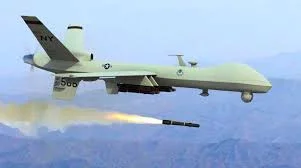
Reports emerged early Friday indicating that Yemen's army successfully downed a U.S. military drone over Yemeni airspace. According to multiple Arab media sources, the incident involved the destruction of an American MQ-9 Reaper drone, which was reportedly on a mission to conduct surveillance or potentially aggressive operations over Yemen's Al-Jawf Province.
According to reports from MERH News Agency, The MQ-9 Reaper, a sophisticated drone model used widely by the U.S. military, carries an estimated cost of around $30 million. Following the incident, RT reported that debris from the drone was discovered in northern Yemen, with fragments of the equipment still burning upon impact with the ground. The Reaper, equipped with advanced surveillance technology and capable of precision strikes, is frequently used in counter-terrorism and intelligence missions but has become a target in zones of heightened conflict like Yemen.
In response to the incident, ABC News quoted officials from the U.S. Department of Defense, who confirmed that the Pentagon is aware of the situation and has launched an investigation. While the Pentagon did not release further details, the inquiry will likely assess whether the downed drone was operating in Yemen under an authorized mission and determine the potential implications for U.S. and Yemeni relations in the region.
According to Yemen News Agency (SABA), this incident is part of an ongoing, complex conflict in Yemen, where U.S. surveillance and intelligence assets have often been involved amid regional tensions. The Yemeni army's move to intercept and destroy the Reaper drone underscores the persistent hostilities and the Yemeni forces' resolve to counter perceived foreign threats in its airspace.
The downing of a high-value U.S. drone in Yemen raises questions about the extent of American military engagement in the area and signals the increasing risks involved in operating unmanned military aircraft in contested regions. Experts note that the destruction of the MQ-9 Reaper, an asset considered highly valuable in both intelligence gathering and combat roles, may prompt renewed scrutiny of U.S. drone missions over conflict zones.

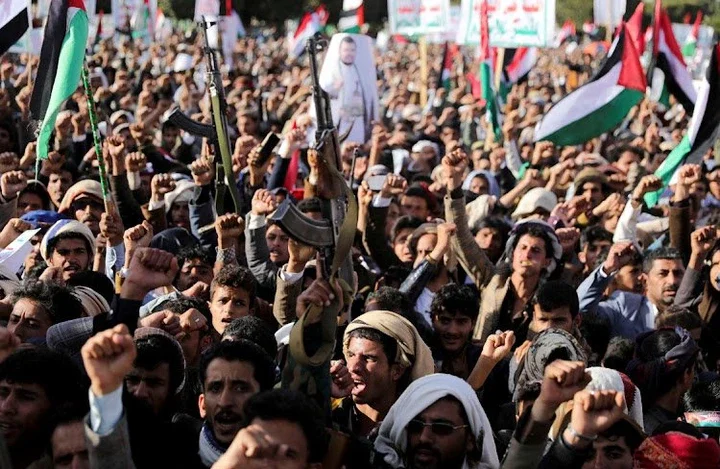

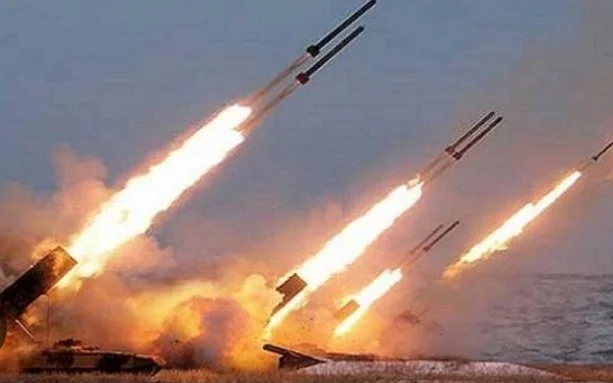
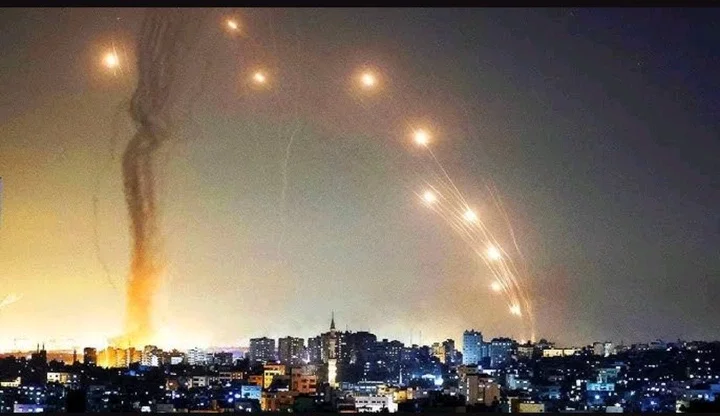
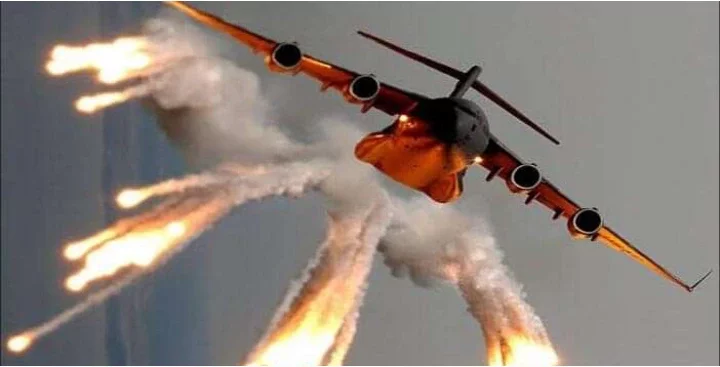
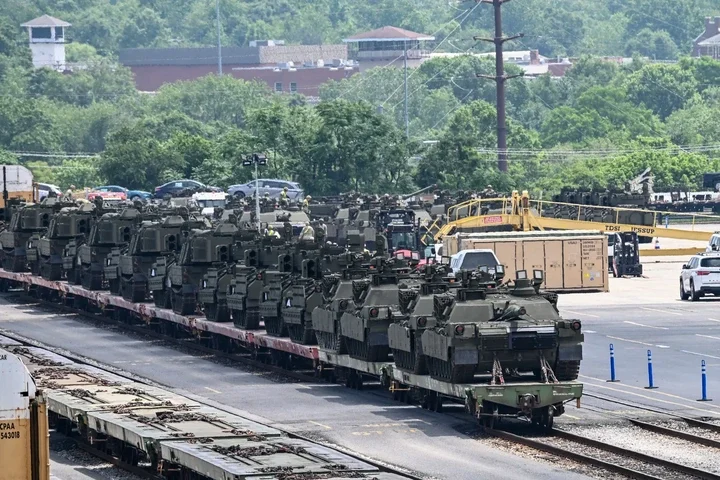











Comments